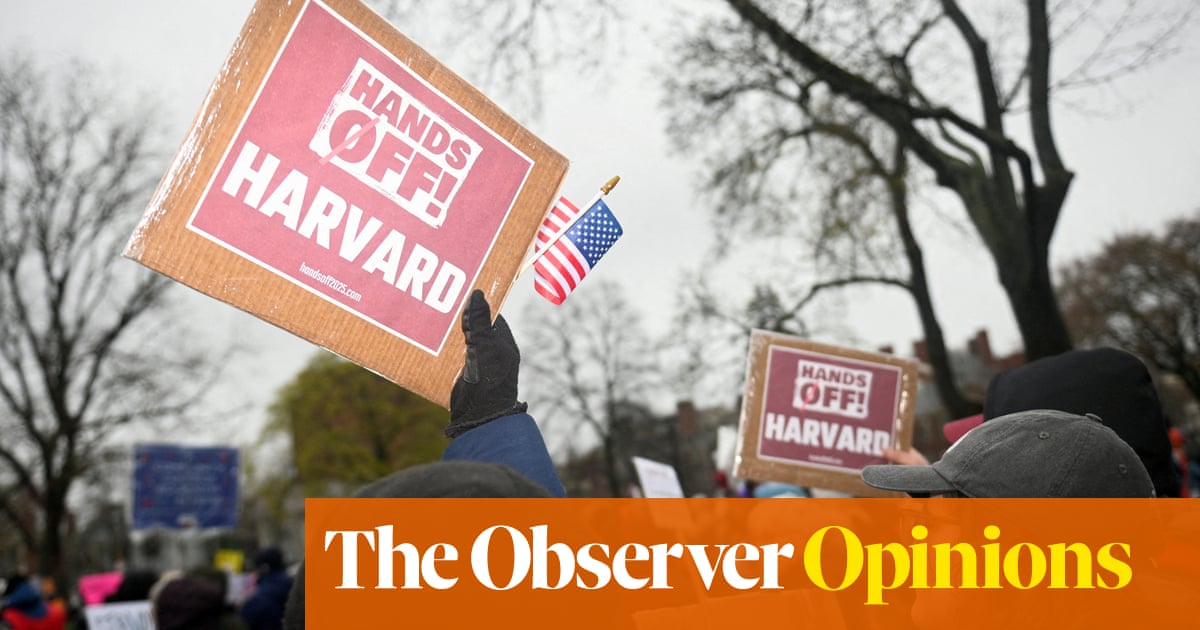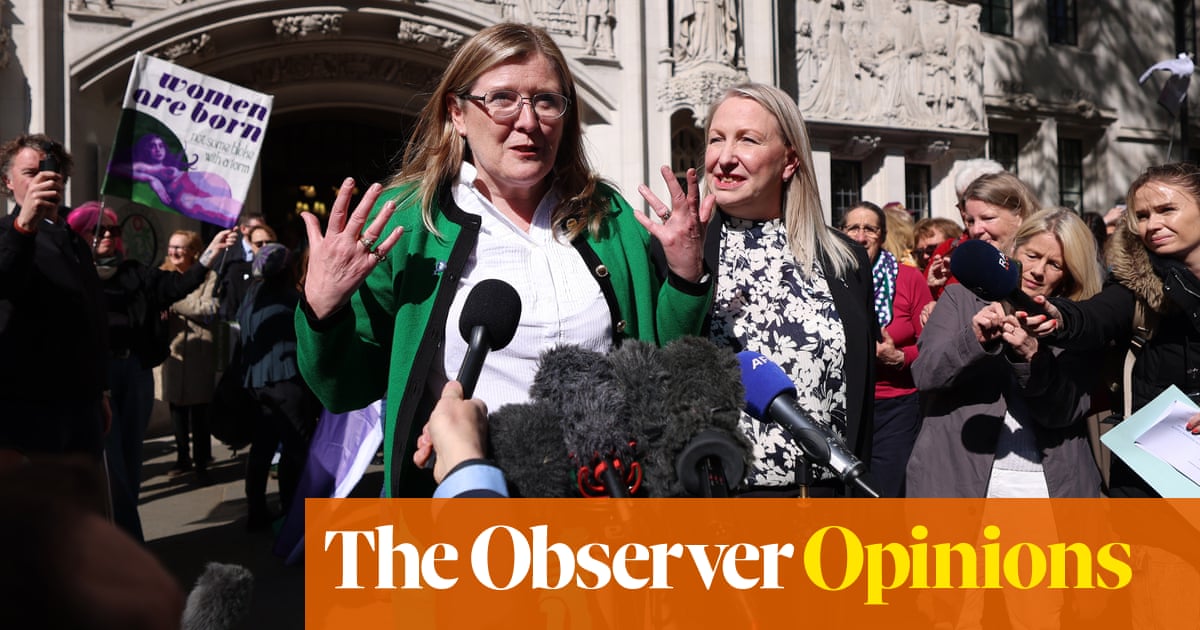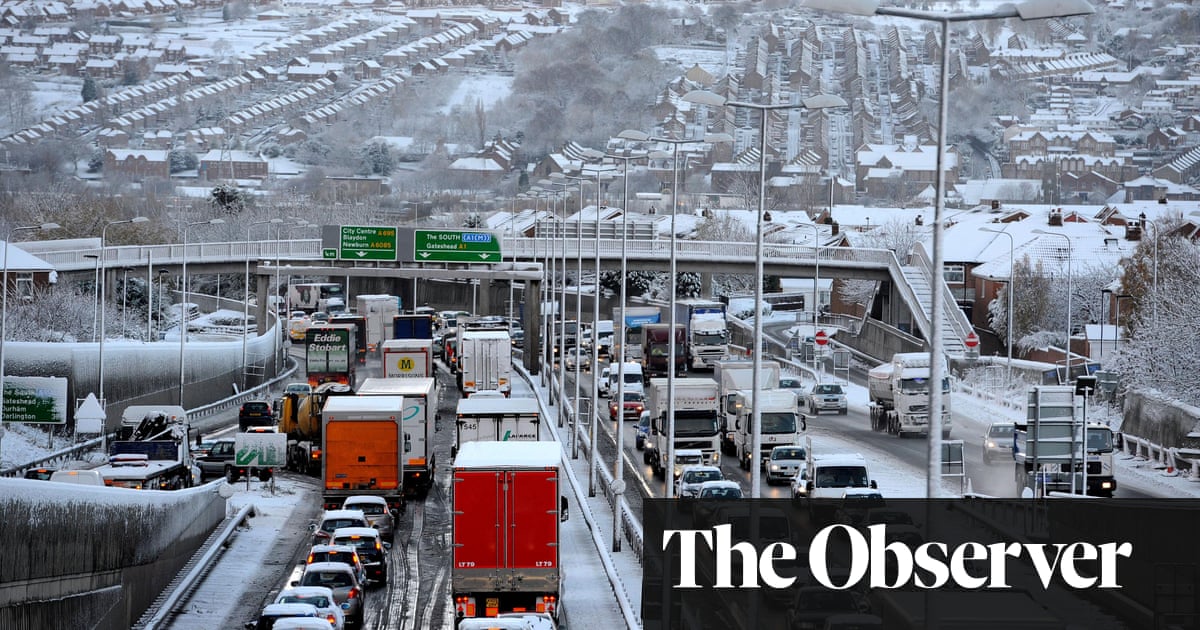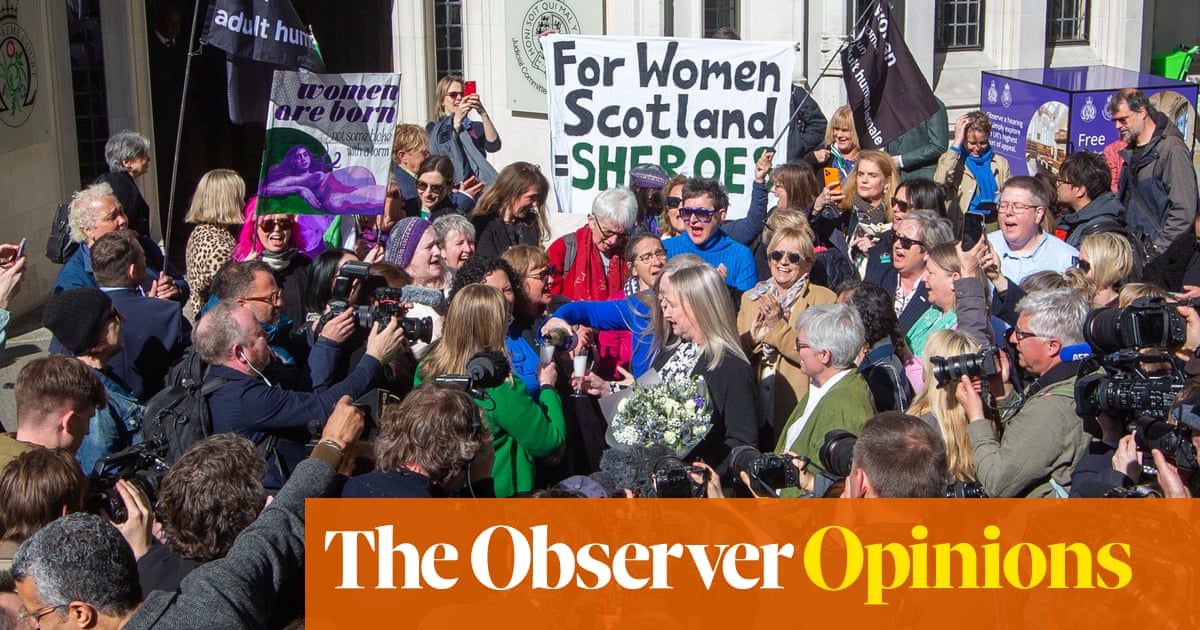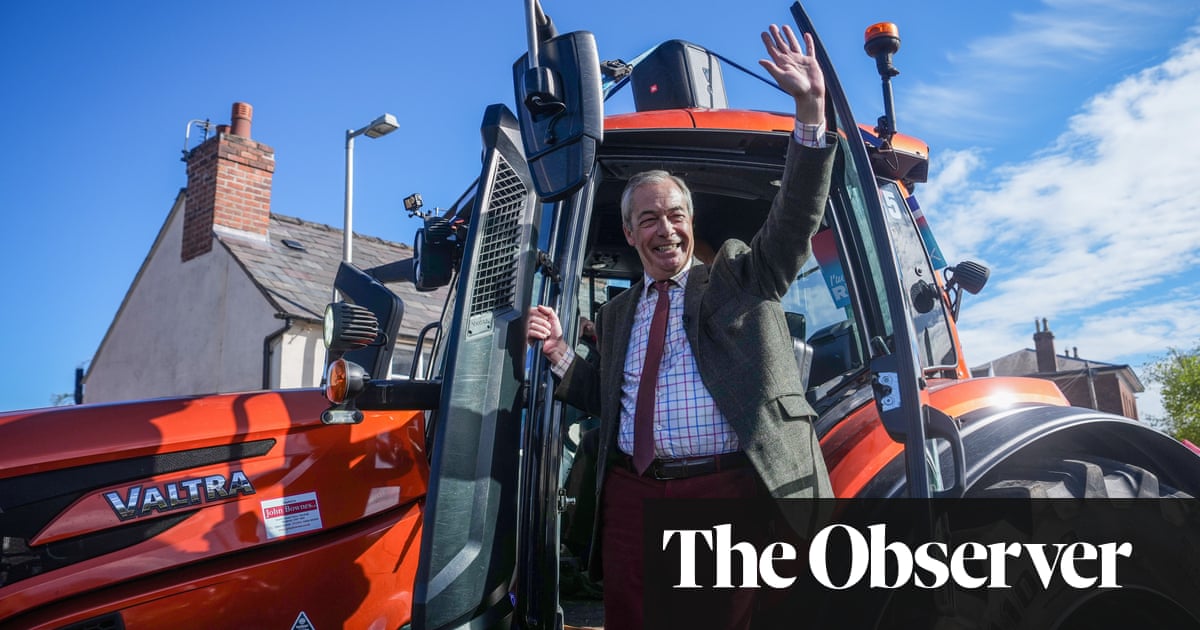The 2020s have been a dismal decade. Five years ago, when the first reports emerged of a new virus that had its origins in the Chinese city of Wuhan, it was hard to imagine that Covid-19 would have such a devastating impact. Yet within months, the UK was in lockdown, the global economy was in a chokehold, trade flows had dried up and governments were spending freely to prevent deep recessions turning into something even more catastrophic.
A second Great Depression was avoided, but half a decade on, the long-term effects of the pandemic are still being felt. Predictions that the development of new vaccines to combat the virus would prove the catalyst for a new “roaring 20s” have proved wide of the mark. The second half of the decade should be an improvement on the first half – but that’s not saying much. The good news is that a few green shoots have started to emerge.
Businesses have money to invest should they choose to do so. Consumers have amassed rainy-day savings during the crisis years that they will gradually spend. But don’t expect 2025 to be a vintage year. At best, it will be a time of slow recovery. At worst, it will be a year of recession, global fracturing and increasingly angry voters.
None of this should come as a surprise given the scale of the disruption caused by the pandemic and its aftermath. There was a burst of activity as lockdown restrictions were lifted, but the shortages that followed led to supply bottlenecks and higher prices. Inflationary pressure, given an added twist by Russia’s invasion of Ukraine in 2022, prompted central banks to push up interest rates. In the UK, the rising number of children not attending school and the increase in those not working due to mental health issues are clear evidence of the long-term scarring caused by Covid.
Higher prices and higher interest rates have made governments – especially in the rich west – unpopular, and 2024 was not a good year to be an incumbent party. In the US, Donald Trump exploited voter unhappiness about the cost of living. In France, voters turned to parties of both the left and the right. In the UK, they chose Keir Starmer’s centre-left approach. To say Labour has had a sticky start is something of an understatement. Expectations were not especially high when voters delivered Starmer a landslide majority with only 34% of the vote last July, but the prime minister has still underdelivered. The latest official growth figures suggest Labour has taken what looked like a half-decent recovery and snuffed it out, leaving the economy on the brink of recession. Relations with business have soured after the tax increases in the budget – and the NHS remains in crisis.
Support for Labour has fallen sharply and you would need to go back to the 1970s to find a prime minister less popular than Starmer this soon after an election. A clearer example of buyer’s remorse would be hard to find. The government’s response to all this is that it is still early days and that over time the country will feel the benefit of the long-term decisions taken in the past six months. All governing parties suffer from bouts of unpopularity at some point: Labour’s has simply arrived earlier than is usually the case. By the time parties are again shopping around for votes, it will all be different. The public knows, deep down at least, that Britain’s problems are longstanding and are not going to be solved in six months.
Yet one of the features of today’s politics is that voters want quick results that don’t require any personal sacrifices. There is much talk about how politicians would be better off “levelling” with people and “telling it how it is”, but scant evidence that they are rewarded for doing so. Rishi Sunak tried to level with voters when he said the massive bill amassed during the lockdowns of 2020 and 2021 had to be paid for with higher taxes, and a fat lot of good that did him.
Starmer used his new year message to say Labour would rebuild Britain in the same way it did after 1945, but voters are more fickle these days. His argument that change takes time is correct and, despite the blunders, there have been signs of a new approach. The new employment rights bill, which shifts the balance of power in favour of workers, is one such example. The move to a bigger state marked by the decision to raise both taxes and spending in the budget is another. But that doesn’t detract from the fact that the government could do with some good economic news arriving sharpish. There is not much chance of that happening.
The chancellor, Rachel Reeves, has attracted much criticism for her October budget, but a more important factor in the growth slowdown has been the excessively cautious approach to interest rates adopted by the Bank of England. Having been late to spot higher inflation coming in 2021, it now risks driving the economy into a recession that will make it more difficult for Reeves to make her budget arithmetic stack up – and leave her with the unpleasant choice of cutting spending, raising taxes or increasing borrowing. The Bank should eventually get round to cutting rates more aggressively, but it will take time for cheaper borrowing costs to have an impact.
Growth prospects should improve a bit as the year wears on. But even that forecast is based on a number of questionable assumptions. The first of these is that Donald Trump is bluffing about the scale of the tariffs he intends to impose on imported goods into the US, and that, subsequently, fears of a full-scale trade war are overblown. The second is that global stock markets – which look vulnerable to bad news – do not crash. The third is that the era of unexpected bad shocks – pandemics, wars, higher energy prices – is now over and that the global economy can look forward to a period of stability.
Labour can at least take comfort from the fact that the public hasn’t forgiven the Tories for what happened on their watch. Starmer would be in more serious trouble were voters to be suffering from seller’s remorse and wishing Sunak were still prime minister. There’s no sign of much interest in Kemi Badenoch, but – if the economy struggles this year – the real threat to Labour may come from Nigel Farage.
-
Larry Elliott is a Guardian columnist
-
Do you have an opinion on the issues raised in this article? If you would like to submit a response of up to 300 words by email to be considered for publication in our letters section, please click here.

.png) 3 months ago
35
3 months ago
35
